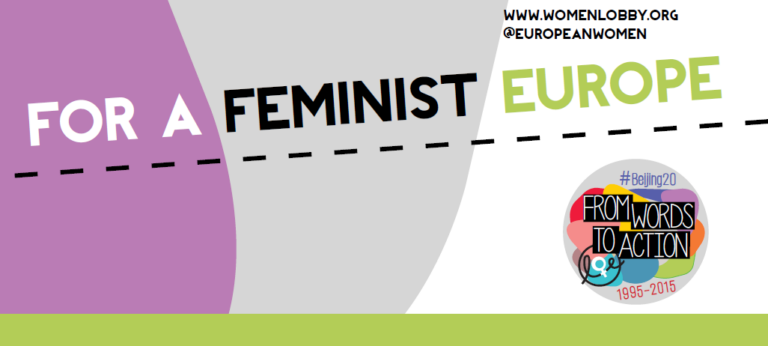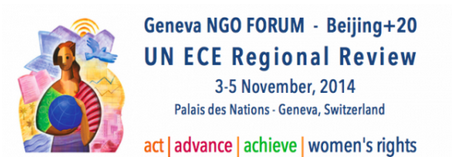[Brussels, 23 August 2011] The UN’s Committee on the Elimination of Discrimination against Women in July 2011 issued a landmark decision, ruling on the basis of an individual case that national governments have a legal duty to guarantee that all women in their countries have access to timely, non-discriminatory, and appropriate maternal health services.
The case was brought by the Centre for Reproductive Rights against the government of Brazil.
The Alyne da Silva Pimentel case
Alyne da Silva Pimentel was a 28-year-old Afro-Brazilian woman. In 2002, she died of complications resulting from pregnancy after her local health center misdiagnosed her symptoms and delayed providing her with emergency care. Brazil’s maternal mortality rates are disproportionately high, and the chances of dying in pregnancy and childbirth are greatest among indigenous, low-income, and Afro-descendant women. The Center for Reproductive Rights wanted to bring this issue at the international level.
The case presented by the Centre for Reproductive Rights
The Centre for Reproductive Rights is an organisation that uses the law to advance reproductive freedom as a fundamental human right that all governments are legally obligated to protect, respect, and fulfill. On November 2011, the Centre asked to the CEDAW Committee to issue a decision requiring Brazil to compensate Alyne da Silva Pimentel’s surviving family, including her 9-year-old daughter, and prioritise the reduction of maternal mortality, including by training providers, establishing and enforcing protocols, and improving care in vulnerable communities.
The Center argues that ‘Brazil’s government violated Alyne’s rights to life, health, and legal redress, all of which are guaranteed both by Brazil’s constitution and international human rights treaties, including CEDAW’.
This case was the first maternal death case to be decided by an international human rights body.
The CEDAW Committee
The Committee on the Elimination of Discrimination against Women (CEDAW), the UN expert body established in 1982, is composed of 23 experts on women’s issues from around the world. The Committee’s mandate is to watch over the progress for women made in the countries that are the States parties to the 1979 Convention on the Elimination of All Forms of Discrimination against Women. At each of its sessions, the Committee reviews national reports submitted by the States parties. The Committee also makes recommendations on any issue affecting women to which it believes the States parties should devote more attention. Another task, barely known, of the Committee is to decide on specific cases of women’s rights violations by signatory States. Actually, the Committee adopted its first decision on a communication submitted under article 2 of the Optional Protocol of the Convention in July 2004. Since then, it has adopted the several decisions.
For the Alyne da Silva Pimentel’s case, the CEDAW Committee established that governments have a human rights obligation to guarantee that all women in their countries—regardless of income or racial background—have access to timely, non-discriminatory, and appropriate maternal health services.
To read the full decision, click here.
To know more about the Center for Reproductive Rights, visit their website.
To know more about the CEDAW Committee, visit their website.



